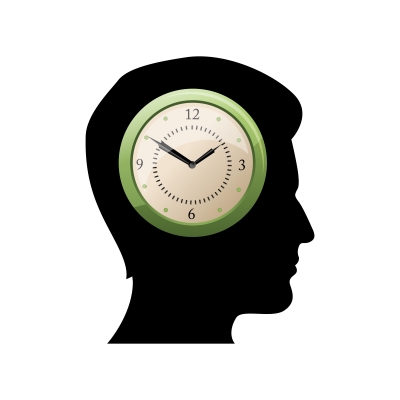Alzheimer’s Care: Remain Socially Active
Similar to other parts of your body, your brain may lose some agility as you get older. It can deteriorate even more if you don’t take care of it. The good news is that emerging evidence suggests there are steps you can take to help keep your brain healthy as you age. Research has shown …











